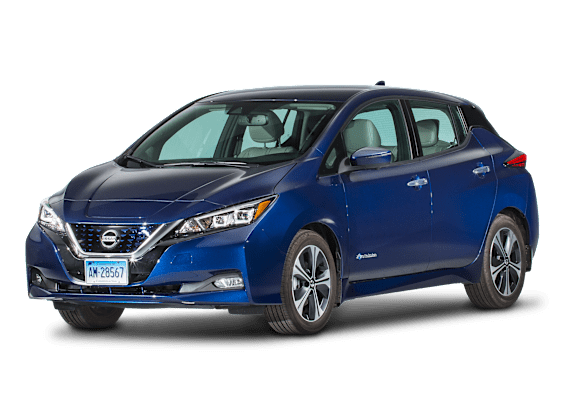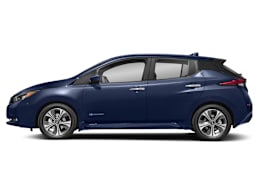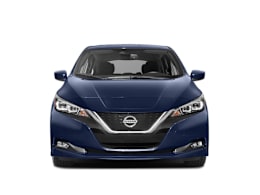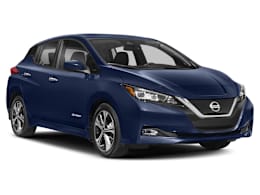EV Battery
Electric/hybrid battery pack failure, replacement or malfunction, or cooling.
What Owners Say
"Driving in sub 35deg weather battery life was at 56% going 70mph in an instant it said less than 10% battery left find charging. I reduced speed and the battery % started to increase. If I kept it below 60mph it would keep at about 14 to 23%. I made it home about 20 miles and had about 14% left. Normally on this route when I get home I have 40% left. This happen 4 times in the same conditions. Outside of these conditions I can't recreate the issue."
Anonymous A., TX (2018 Nissan Leaf SV Electric)























"I live in a warm climate where the temperature goes over 100 in the summer. After charging the car, the battery will overheat, shut off the climate system and one time left it unoperational. The car had to be towed to the dealer. It was at two different dealers a total of 3 times. The first time it was 2 weeks and they could not find the problem. I brought it in again for the same issue. Then it was at the dealership I bought the car from and they had it over one month. The battery cooling system is not adequate for this car during the summer. The battery system would constantly overheat into the red zone and the air conditioning would shut off. Nissan says that this is normal. I would never recommend this car to anyone. The driving range is not what is advertised when you turn on the air conditioner."
Anonymous, CA (2018 Nissan Leaf SL Electric)